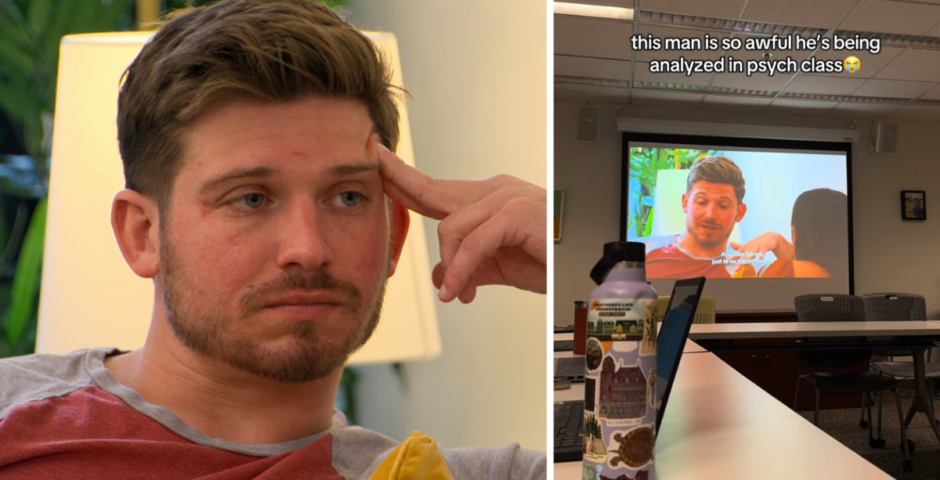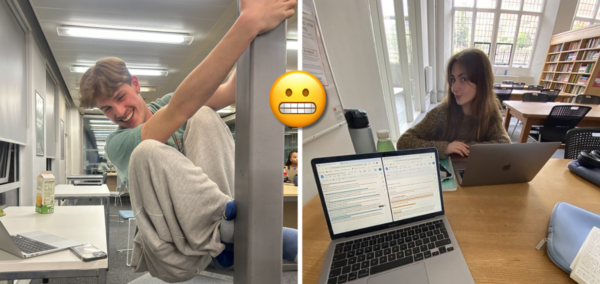
University of Birmingham student speaks out about getting ADHD diagnosis as an adult
‘I have properly accepted myself… [and] I am lucky to be around really accepting people’
A PhD student at the University of Birmingham is raising awareness on what it’s like to get diagnosed with ADHD as an adult.
Kirsty Brown, 25, was first diagnosed with ADHD at 21 by Forward Thinking Birmingham’s 18-25 service during her final undergraduate year.
ADHD is a condition that influences people’s thoughts, emotions, and actions. Those with ADHD might appear fidgety, struggle with focus, or act impulsively.
Kirsty and her ADHD specialist psychiatrist, Dr Sangeeta Ambegaokar, spoke to Birmingham Women’s and Children’s NHS Foundation Trust about receiving the diagnosis as an adult.
Kirsty revealed that she was “a little bit reluctant to go ahead with getting the ADHD diagnosis”, explaining that her friends had encouraged her “to do some questionnaires” during her undergraduate studies, which is how the ADHD diagnosis first “came about.”
In the UK, a survey conducted on 10,438 children aged five to 15 revealed that 3.62 per cent of boys and 0.85 per cent of girls have been diagnosed with ADHD.
Kirsty also discussed the stigma around her diagnosis: “There is quite a big stigma around being female and high-achieving whilst also being neurodiverse. I have always been fine in school and university,” she said.
The 25-year-old admitted that other people asking her about the diagnosis made her “question it all a bit more.”
Kirsty’s psychiatrist, Dr Ambegaokar, explained: “People underestimate the emotional impact of masking and how mentally tiring it is to always be this way.”
However, there are ways to help symptoms of the disorder, such as psychological therapies, social skills training, and medication.
Kirsty added: “There are benefits to having ADHD, but it still has its challenges. Medication really helps without me necessarily realising.”
She also explained how she’d previously struggled after going off her medication but had worked with her doctor “to find the right medication and dose”, and added she now finds them “very helpful for emotional regulation.”
“In the last six months, I have properly accepted myself,” Kirsty said, citing factors which helped her such as “accommodations to enable [her] to be better.”
Kirsty added: “I am lucky to be around really accepting people.”
If you wish to find more information about ADHD, you can click here.
Featured image via @Kirstykrb on X





















